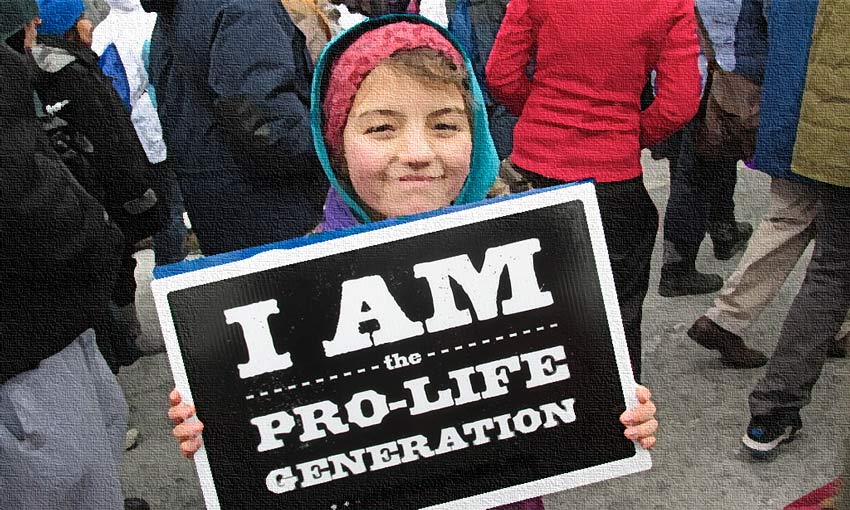The so-called “Motor Voter” law of 1993 created a national mandate: when people obtain their drivers’ licenses at the Department of Motor Vehicles, ask them if they’d also like to register to vote.
The federal mandate is perhaps heavy-handed, but the underlying idea has merit.
Now a new idea is gaining ground, taking the notion (nudge, nudge) a step further. Let’s not bother asking people if they want to sign up to vote, the proposal runs. Government should simply register them. Without asking.
It is a form of paternalism.
“It flips the presumption, where right now they ask you if want to be registered,” argues D.C. Council member Charles Allen. “Instead of that, we’re just going to go ahead and get you registered, and that absolutely helps enfranchise voters.”
“Lawmakers in 32 states have introduced measures in the last year to automatically register drivers to vote,” reports the Washington Post.
Some folks contend there isn’t much difference between asking if someone wants to register and registering them without asking. Well, if there isn’t much difference, why spend the $659,000 that Washington, D.C. officials estimate it will cost over the next four years for their new “don’t-ask” program.
Of course, there is a difference in the two policies: sort of like between offering people something to eat and force-feeding them.
Some Americans have no desire to vote or be registered. It is surely no business of any state or local government to act as if their preferences don’t count.
And what good are a bunch of names on a voter list if they aren’t interested? Is someone going to vote for them?
This is Common Sense. I’m Paul Jacob.





